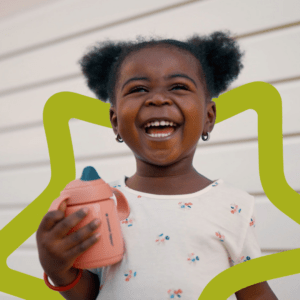
How to Look After Your Baby’s Teeth
It’s important to remember that all babies are different, but most children start teething and getting their first teeth from around 6 months of age…

It’s important to remember that all babies are different, but most children start teething and getting their first teeth from around 6 months of age…

To help you understand more about the teething timeline, we’ve created this guide to all things teething.

We’ve got some handy tips to help you both through the tricky times that teething can bring.

Let’s run through when teething starts, what the first signs of teething usual are, and how you can safely check if your baby has started teething.

As they grow, there will understandably come a time when you’ll want to transition your mini-me away from them their dummy before they become too reliant on the reassurance it gives.

To help you decide, let’s run through when dummies can be introduced, some of their advantages and disadvantages and how you can introduce one safely.

Nobody likes to see a baby in distress, which is probably why there are so many suggested remedies out there on how to help a teething baby. Here at Tommee Tippee, we’ve pulled some of them together into this quick reference guide. Please bear in mind though that what one mum swears by may not

What are the first signs of teething? Baby teething is a rite of passage for every little one and involves the movement of teeth in and then through the gums. Therefore, it’s no surprise that it can be very painful for them and, in turn, stressful for you. But whilst waiting for those pearly whites
Sign up & subscribe to the newsletter to receive exclusive offers, hints and tips via email.
The Tommee Tippee Made for Me pumps are designed to be a perfect fit for Tommee Tippee bottles. You may get leaks and spills if you use other brands of bottles and containers that don’t fit correct. Expressing directly into the bottle allows mom to feed and store without decanting , saving every single drop of mom’s precious gold liquid.